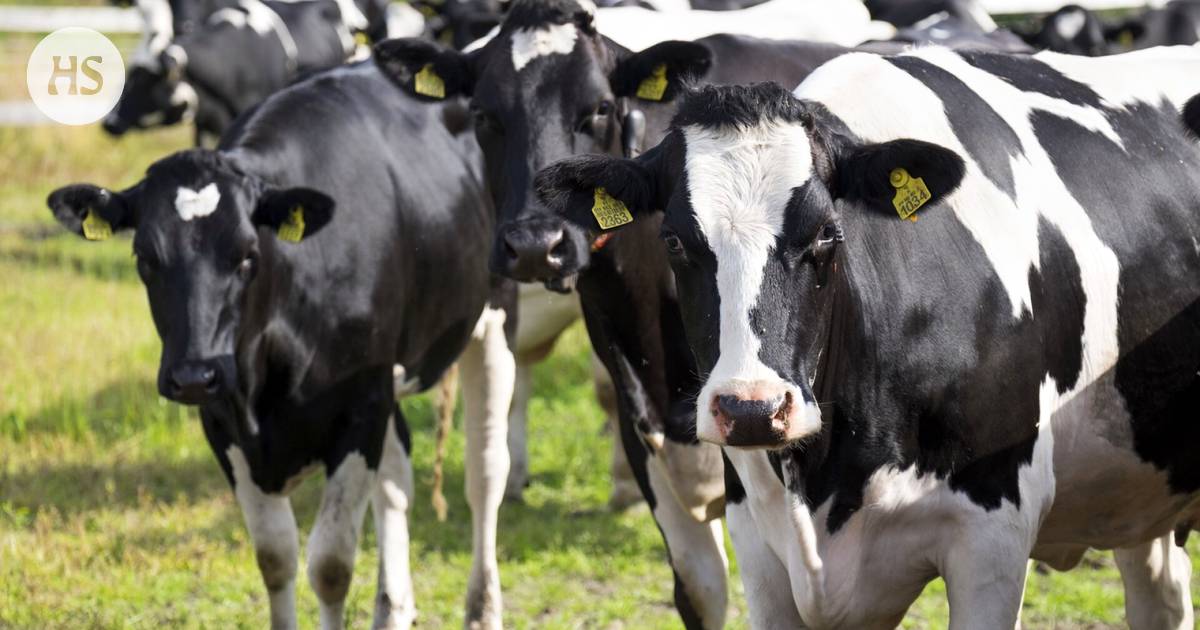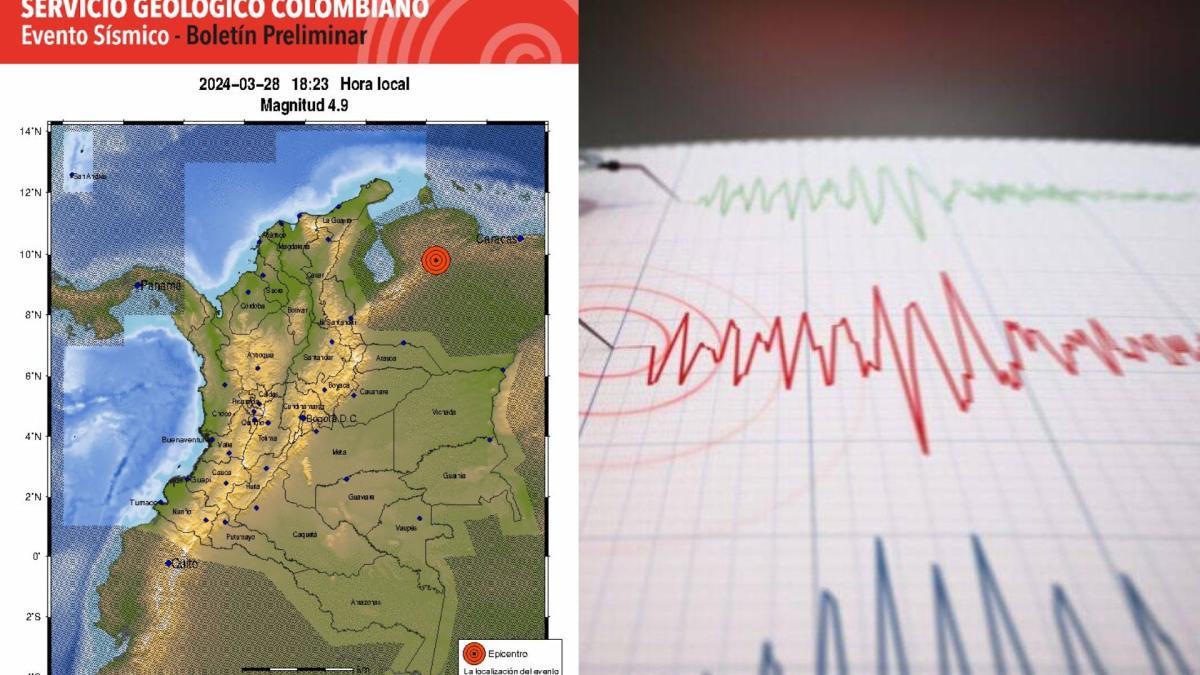Emissions from agriculture will not decrease and structures will not change if we do not change the ways in which food is procured.
Helsinki on March 11, the city decided on the means by which it intends to reduce its carbon footprint and combat the destruction of nature. The city plans to halve the consumption of meat and dairy products by 2025 and direct food purchases in a plant-based direction. The decision is a welcome and inspiring example of how municipalities can reduce the climate and nature impacts of food.
in Finland agricultural emissions have not decreased in the 21st century. Agricultural emissions account for up to a quarter of the country's total greenhouse gas emissions. A significant part of these emissions comes from meat and milk production. In 2022, just the digestion of farm animals and the processing of manure produced as many emissions as Helsinki's two coal-fired power plants.
Animal production also takes up a huge amount of arable land. Up to 70 percent of Finland's arable land is used for animal food production.
There is also a significant load on forests due to the dairy and meat industry. In this millennium, 50,000 hectares of forest on peatlands have been cut down, mainly for the purpose of spreading cow manure. This is equivalent to approximately eight football pitches of forest per day. Last fall, there was news about a study by the Finnish Natural Resources Institute, according to which, of the food eaten by Finns, chicken and farmed fish are the food items in the Finns' diet that cause the most global species loss.
“
Emissions from agriculture will not decrease if we do not change the ways in which food is procured.
Municipalities should follow the path indicated by Helsinki and halve the procurement of meat and milk in this decade. In addition to the climate and nature, this would have significant benefits for people's health. For example, the Nordic nutritional recommendations emphasize the importance of reducing meat and increasing vegetables for both health and environmental reasons.
On March 14, the Nordic Council of Ministers also published a report on policy measures promoting sustainable food consumption. The report states that public food services should be directed to support healthy and ecologically sustainable alternatives, and consumers should be directed to make better food choices.
Recently, there has been news about the financial plight of farmers. Farmers must be supported in moving towards more sustainable production. By replacing animal products with domestic plant proteins and oat milk, the sustainability of domestic agriculture is also promoted.
Agriculture emissions will not decrease and structures will not change if we do not change the ways in which food is procured. In Finland, one million servings of food produced with public funds are offered every day. From the point of view of the climate, nature and animals, it is necessary that these portions contain healthier and more sustainably produced food.
Olli Tiainen
climate and energy expert, Greenpeace
Tiina Ollila
campaign manager, Animalia
Elina Kauppila
head of environmental operations, Luontoliitto
The reader's opinions are speeches written by HS readers, selected and edited by the HS editorial staff. You can leave an opinion piece or familiarize yourself with the principles of writing at the address www.hs.fi/kiryotamielipidekeisuis/.
#Reader39s #Opinion #Municipalities #halve #purchases #animal #products









/cloudfront-eu-central-1.images.arcpublishing.com/prisa/IIWMASSPD3RUZIHZCDGCNF4IIQ.jpg)